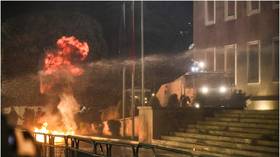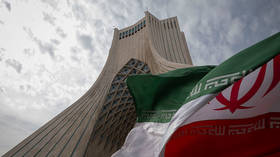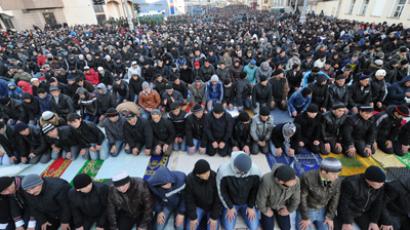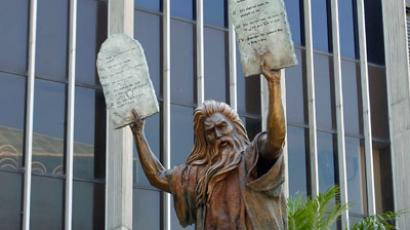Sites for rites – new religious ceremonies law signed
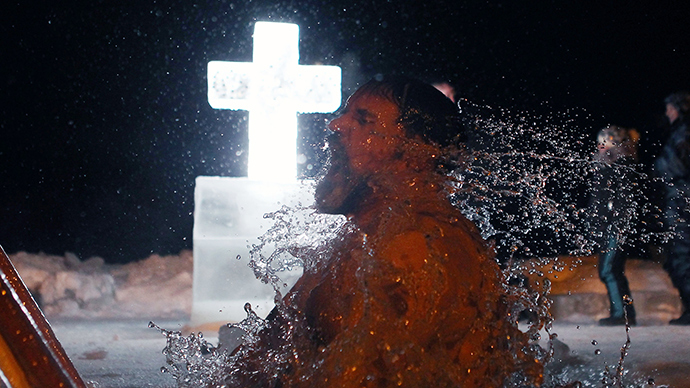
The Russian President has signed into law the bill defining places where religious ceremonies, including mass prayers and marches can be held without prior notification or agreement from local authorities.
The law published on the government’s official portal on Thursday states that services and other religious ceremonies can take place in special buildings or on plots of land belonging to religious groups, either fully-owned or leased. The rule applies to organizations founded by religious groups, like a charity foundation run by a church.
People can also freely conduct religious rituals in their own homes and in official places of pilgrimage, at cemeteries and crematoriums.

Previously, worshipers in Russia could only hold religious ceremonies in public places if they informed the local administration in advance about the gathering.
Now public religious ceremonies and rights are being regulated the same was as ordinary rallies and meetings – a mass event requires a sanction from local authorities. By granting a license the authorities take responsibility for order and security at the events. Religious rites and ceremonies can be done without a license in special places dedicated for public events; the Russian media has dubbed such places “Hyde Parks”.
The motion was prepared and drafted earlier this year by the Justice Ministry following a string of complaints over mass religious celebrations in Russian cities. City dwellers, mostly ethnic Russians, became irritated by Muslim immigrants from Central Asia who prayed in the streets and reportedly sometimes sacrificed animals in city yards or even inside apartment blocks.

When the proposal was still discussed in parliament the Muslim community gave it their support, saying it did not violate their rights. The Russian Orthodox Church has also generally supported the initiative. It is in the interests of religious groups to receive permission to stage a public religious ceremony, as authorities will know to send ambulances and police to make sure the service proceeds smoothly, the Church’s representatives have said.
The only complaint from the clergy was over the formula “public divine service” as lawyers from the Russian Orthodox Church emphasized that there were no Christian services closed to the public.






